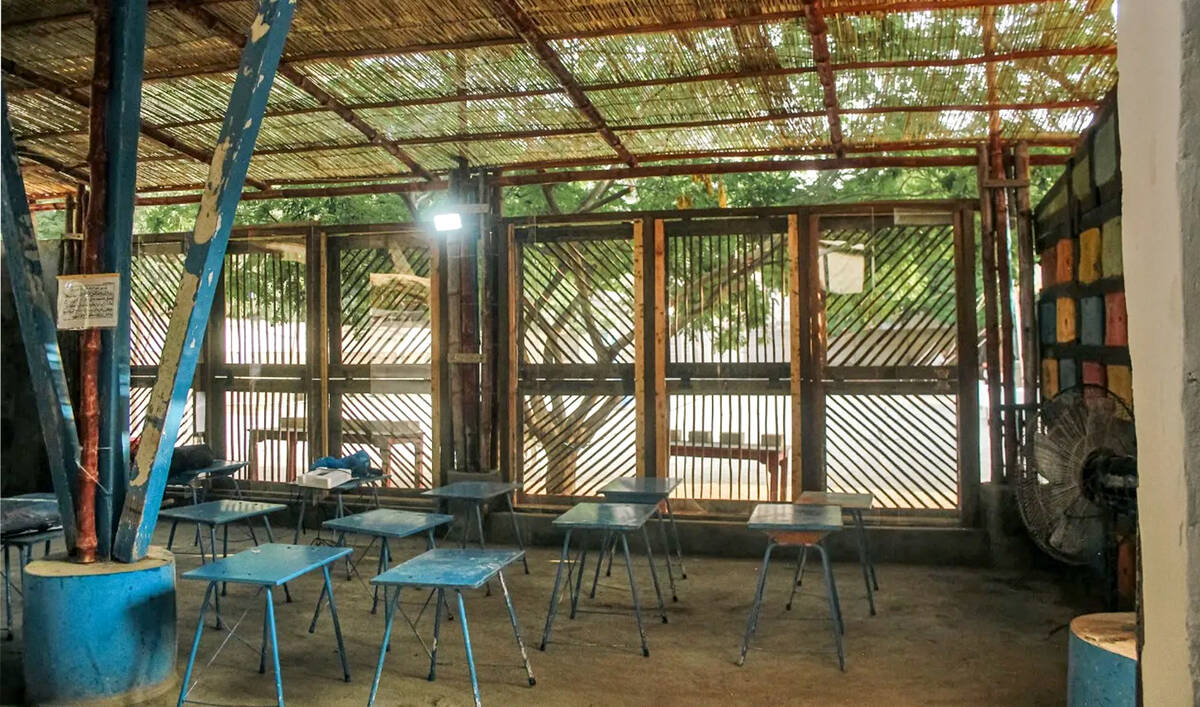ISLAMABAD: Spotify has named Pakistani musician Samar Jafri as its featured artist for the fourth quarter of 2025 under its global Radar program, highlighting the singerŌĆÖs rapid rise and growing popularity among young listeners across the country.
Jafri gained widespread recognition after his songs ŌĆśMain RahunŌĆÖ and ŌĆśGuzaarisheinŌĆÖ garnered over 23 million streams since their release in April and May this year.
Platforms like Spotify have played a key role in spotlighting emerging talent and connecting local voices with global audiences as the Pakistani music industry undergoes a digital transformation.
ŌĆ£Samar Jafri is a remarkable talent and a fitting choice to close out RADAR Pakistan Season 2025. WeŌĆÖre excited to spotlight his journey and share his music with even more listeners through this platform,ŌĆØ Rutaba Yaqub, SpotifyŌĆÖs Artist & Label
Partnerships Manager for Pakistan and the UAE, was quoted as saying by Asiatic Public Relations firm.
Apart from Pakistan, JafriŌĆÖs music has been streamed most in Bangladesh, the United States, the United Kingdom, Canada, and the UAE over the past 28 days. His listeners are mostly between 18 and 24 years old.
Jafri shared his excitement on being recognized by SpotifyŌĆÖs Radar Pakistan, saying that it was something he had been dreaming about for years.
ŌĆ£IŌĆÖve been making music for over six years now, but it took a lot of time and courage to finally start putting out originals. Seeing that music connects with so many people, especially on a platform like Spotify, means everything,ŌĆØ he was quoted as saying.
ŌĆ£Being able to tell my story through Spotify RADAR is surely one of the highlights of this year for me. ThereŌĆÖs so much more to come, and I canŌĆÖt wait to share it all with you.ŌĆØ
Spotify will also showcase JafriŌĆÖs journey in a special mini documentary exploring his creativity, the inspiration behind his music and the moments that shaped him into the artist he is today.
The digital audio streaming service had named Pakistani musician Afusic for his track ŌĆśPal PalŌĆÖ as its RADAR Pakistan artist for the third quarter of 2025.


















